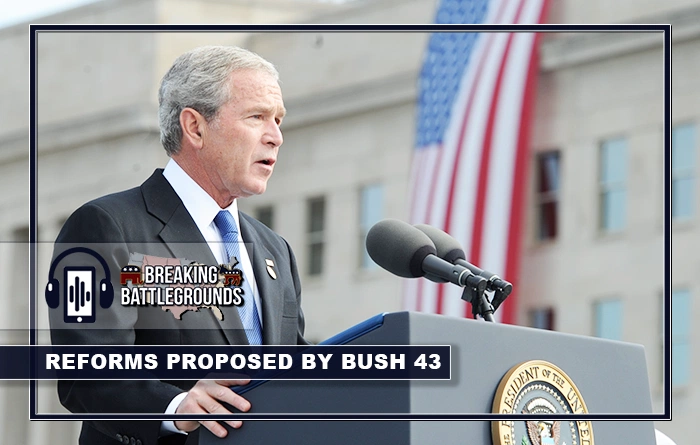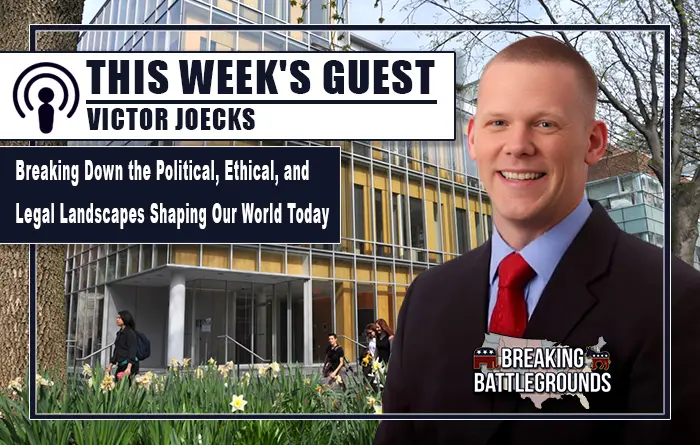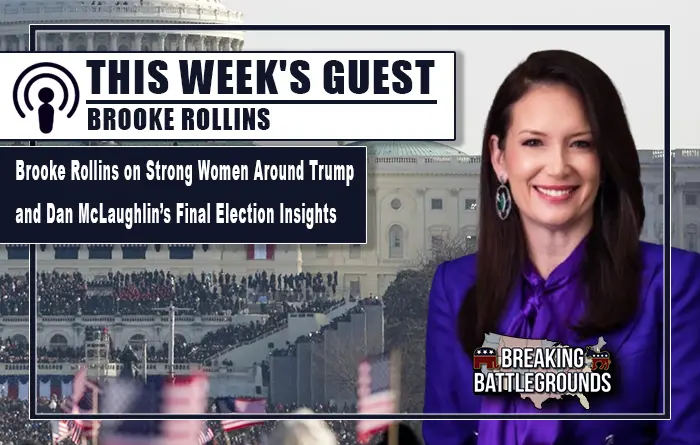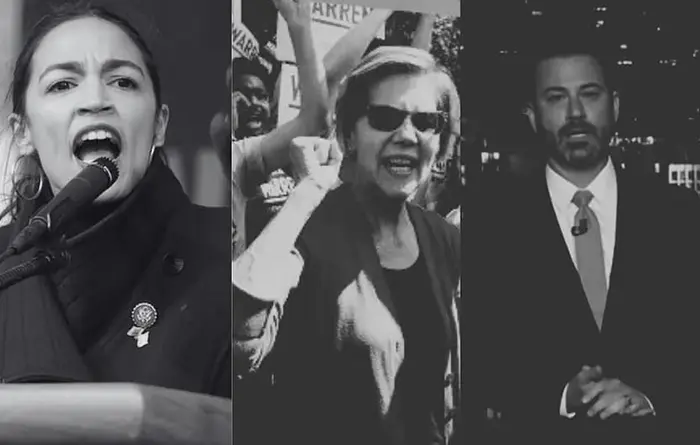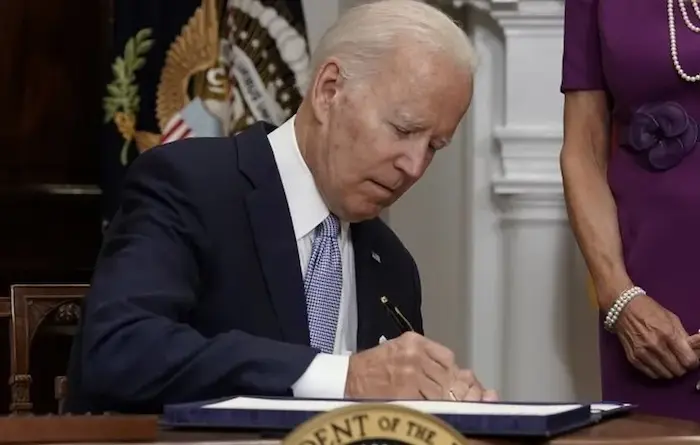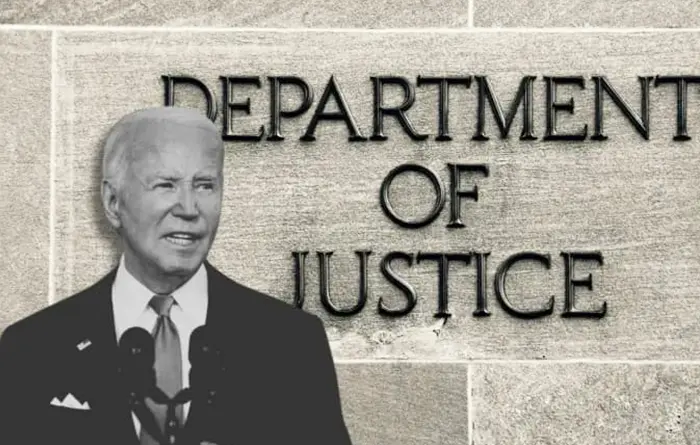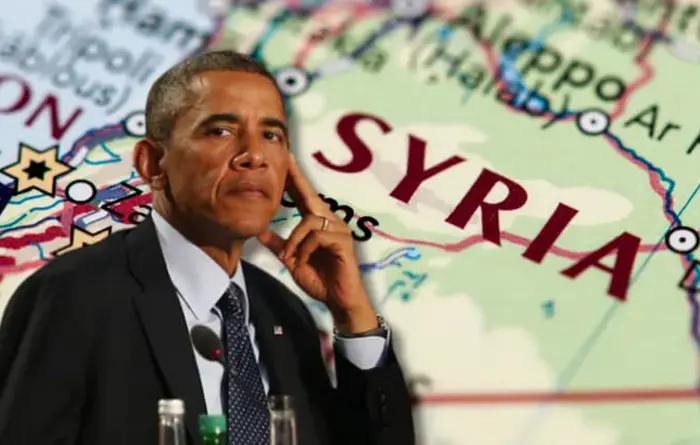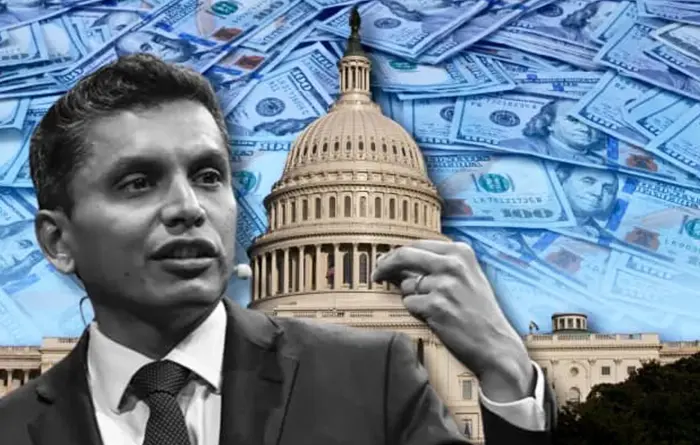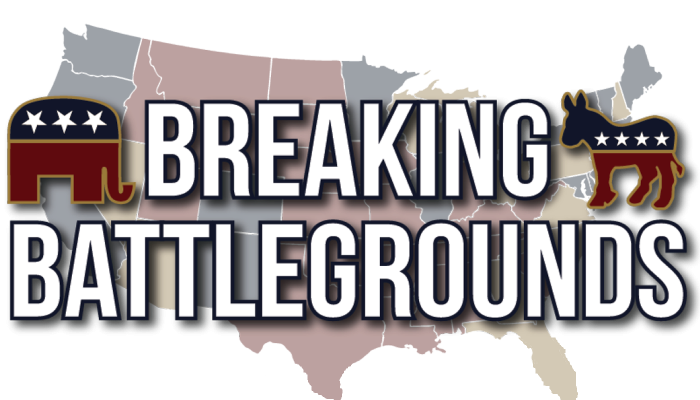It has been 15 years since George W. Bush left the White House, and there is now a bipartisan consensus that he was a terrible president.
There are quite a few bipartisan areas of agreement: deficit spending doesn’t matter; we shouldn’t build up our military; we should use the White House to implement preferred policies and circumvent Congress; etc. Like the rest, the consensus about Bush is also wrong. On four key issues, Bush must be proud of his record—and his opposition embarrassed of themselves.
Immigration: In 2007, Bush proposed an immigration reform package that would have:
Allowed for the temporary arrival of guest workers without allowing them to remain here permanently and made anyone who overstayed their visas automatically and forever ineligible for future legal status.
Allowed the government to find and prosecute employers who hire illegal immigrants.
Also provided legal status without amnesty to those already here, in exchange for serious border security measures.
If Congress had passed Bush’s immigration reform package, we would have fixed our border problem almost two decades ago.
Social Security Reform: The vast majority of our debt and deficit is due to elderly retirement benefits. Bush, being a Baby Boomer, foresaw that the decline in the fertility rate in the United States would reduce contributions to the Social Security fund. Of course, he has been proven right. To address the problem, he attempted to reform Social Security. If Congress had listened to him, we wouldn’t have a debt crisis today, and impending Social Security cuts would not be a real possibility in 2033.
Banking Reform: The United States goes through cyclical recessions. There was going to be a recession in the late 2000s because of the structure of our economy, but it didn’t have to become the Great Recession. The burst of the housing market was the biggest factor in how severe the recession became. Fannie Mae and Freddie Mac remain the two largest government-sponsored mortgage buyers. At the time, they bought half of the mortgages and sold them around the world, and their customers trusted them because the U.S. government backed them. Bush tried to reform this by imposing stricter regulations on GSEs (government-sponsored enterprises), including the two mortgage buyers. A leading Democrat responded, “Fannie Mae and Freddie Mac are not facing any kind of crisis.”
In 2005, Bush tried again, warning that “Given the very large size of each enterprise, even a small mistake by a GSE could have consequences throughout the economy.” Congress again ignored his warning. Before the financial crisis hit, Bush had warned about the problem 17 times. If Congress had listened to him, the 2008 recession would have been a minor recession like the ones before.
China: Until recently, nobody took the China threat seriously. The Bush administration wasn’t certain that China would become a major threat to the United States, but it was concerned about it. The administration took a series of measures to hedge its bets. It undertook a campaign to improve relations with India, including a historic agreement he signed with the Indian prime minister on nuclear cooperation. He set the stage for reframing trade relations between East Asia and the Americas to reduce reliance on China. He also withdrew from the Anti-Ballistic Missile treaty, which allowed the United States to upgrade its missile forces. The United States is not starting from scratch against China thanks to Bush.
Those Bush 43 reforms, if Congress had had the courage to act and the press weren’t suffering from Bush Derangement Syndrome (they always suffer from Republican president derangement syndrome), America would be in a much more stable and secure spot in the world today.
Note: the opinions expressed herein are those of Chuck Warren only and not his co-host Sam Stone or Breaking Battlegrounds’ staff.

